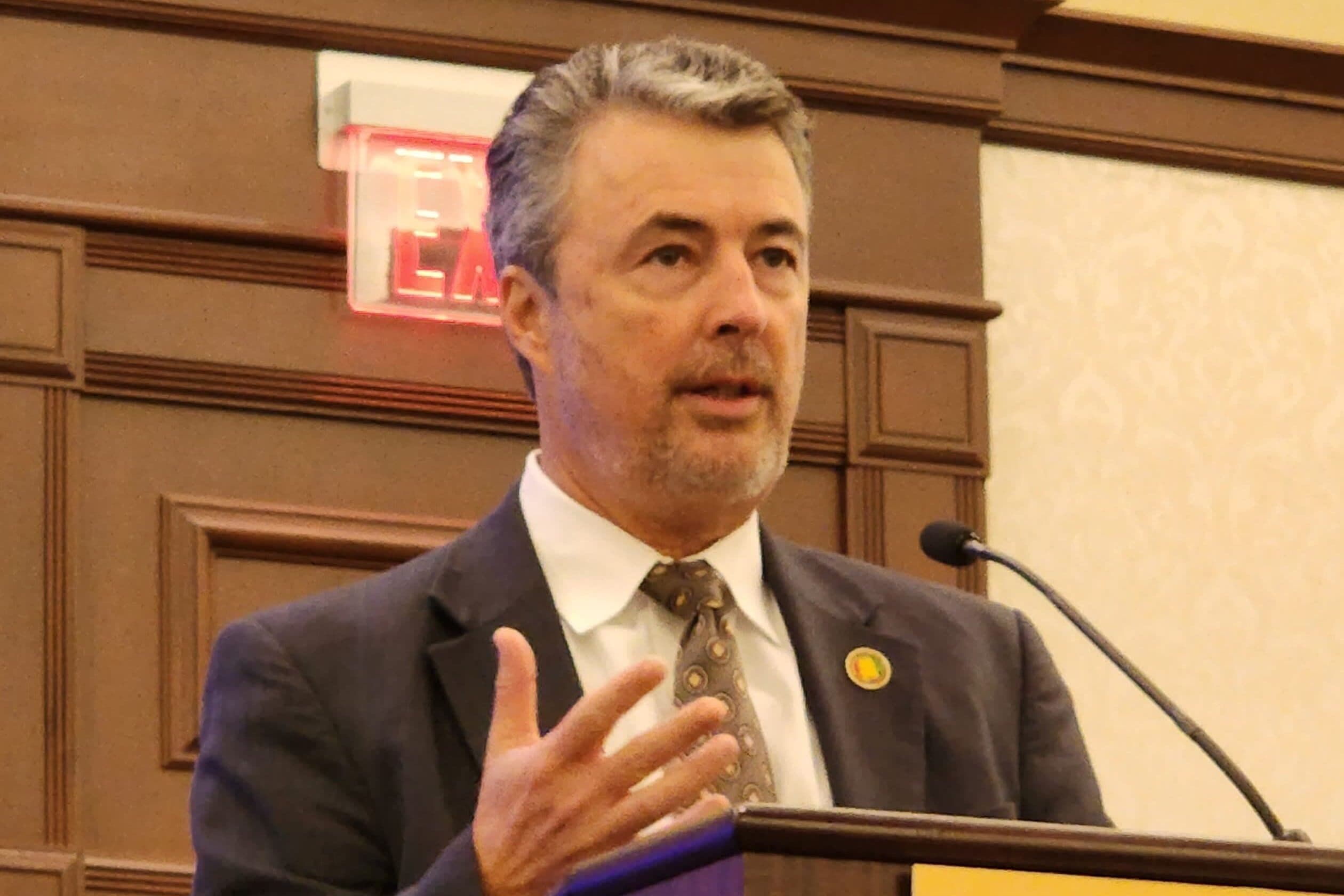While Alabama is fighting to defend its law banning transgender hormonal and surgical treatment on minors, Alabama Attorney General Steve Marshall is leading briefs supporting states fighting similar legal battles.
Recently, Marshall co-led a brief in the Sixth Circuit Court of Appeals, defending bans in Tennessee and Kentucky on so-called gender-affirming care for minors.
Earlier this month, a Sixth Circuit Court of Appeals panel repealed an earlier injunction on a Tennessee law that banned so-called gender-affirming care, allowing the ban to go forward.
The 21-state brief, co-led by Alabama and Arkansas, is meant to highlight the "dishonesty of advocacy groups" like the World Professional Association for Transgender Health (WPATH), which Alabama has placed at the center of its own fight defending Alabama's law preventing surgical and medicinal interventions for minors.
As is the case in Alabama, opponents of this type of medical intervention for minors point to the medical consensus laid out in WPATH's transitioning guidelines are not based on scientific evidence. Instead, the guidelines are a mixture of social activism, with no grounding in scientific evidence, combined with prolific avarice.
"WPATH has taken its gender ideology to the extreme and included in its latest Standards of Care an entire chapter on self-identified 'eunuchs'—individuals' assigned male at birth' who 'wish to eliminate masculine physical features, masculine genitals, or genital functioning,'" the brief read. "Because eunuchs' wish for a body that is compatible with their eunuch identity,' the Standards say, some will need 'castration to better align their bodies with their gender identity.' WPATH thus deems castration 'medically necessary gender-affirming care' for eunuchs to 'gain comfort with their gendered self.'"
"And how did WPATH learn that castration constitutes 'medically necessary gender-affirming care?' From the Internet of course—specifically from a 'large online peer-support community' called the 'Eunuch Archive,' which WPATH says hosts' the greatest wealth of information about contemporary eunuch-identified people.' Later reporting revealed that the Eunuch Archive also hosts thousands of stories that 'focus on the eroticization of child castration' and 'involve the sadistic sexual abuse of children,' though curiously WPATH did not include that fact in its Standards of Care."
In several European countries, the use of transgender medicines and operations for minors has been slowed or halted as voices opposing the practice continue to grow. Across the globe, detransitioners are also taking their doctors or state health organizations to court, increasing calls to take a closer look at the process. Marshall and other AGs have pointed to Europe as a model for states to hit the brakes on these types of medical interventions.
"American medical organizations have run in the opposite direction: advocating unfettered access to transitioning treatments while quashing members' calls to review the evidence." The brief continues: "While medical organizations are certainly capable of establishing true, evidence-based standards of care, they have utterly failed to act responsibly when it comes to pediatric sex-modification procedures. Until they do so, states like Kentucky and Tennessee are forced to step in to protect children."
Marshall was joined in his brief by AGs in Arkansas, Florida, Georgia, Idaho, Indiana, Iowa, Kansas, Louisiana, Mississippi, Missouri, Montana, Nebraska, North Dakota, Ohio, Oklahoma, South Carolina, South Dakota, Texas, Utah, and West Virginia.
To connect with the author of this story or to comment, email craig.monger@1819news.com.
Don't miss out! Subscribe to our newsletter and get our top stories every weekday morning.










